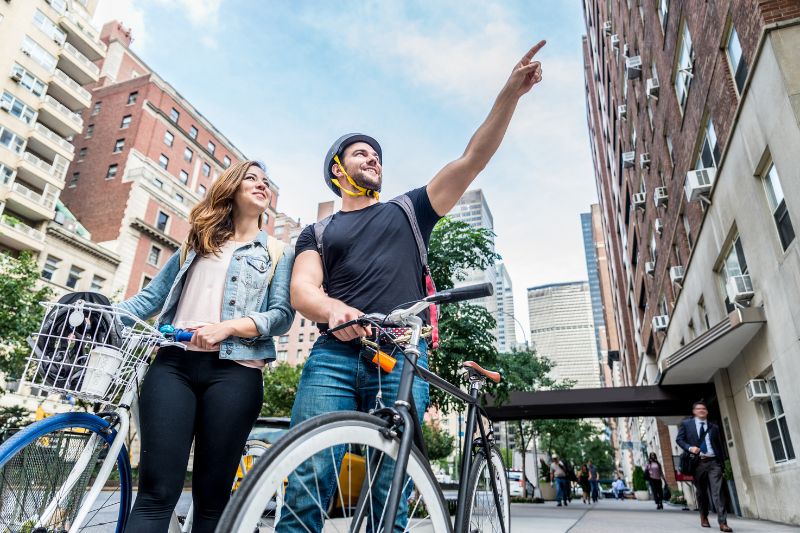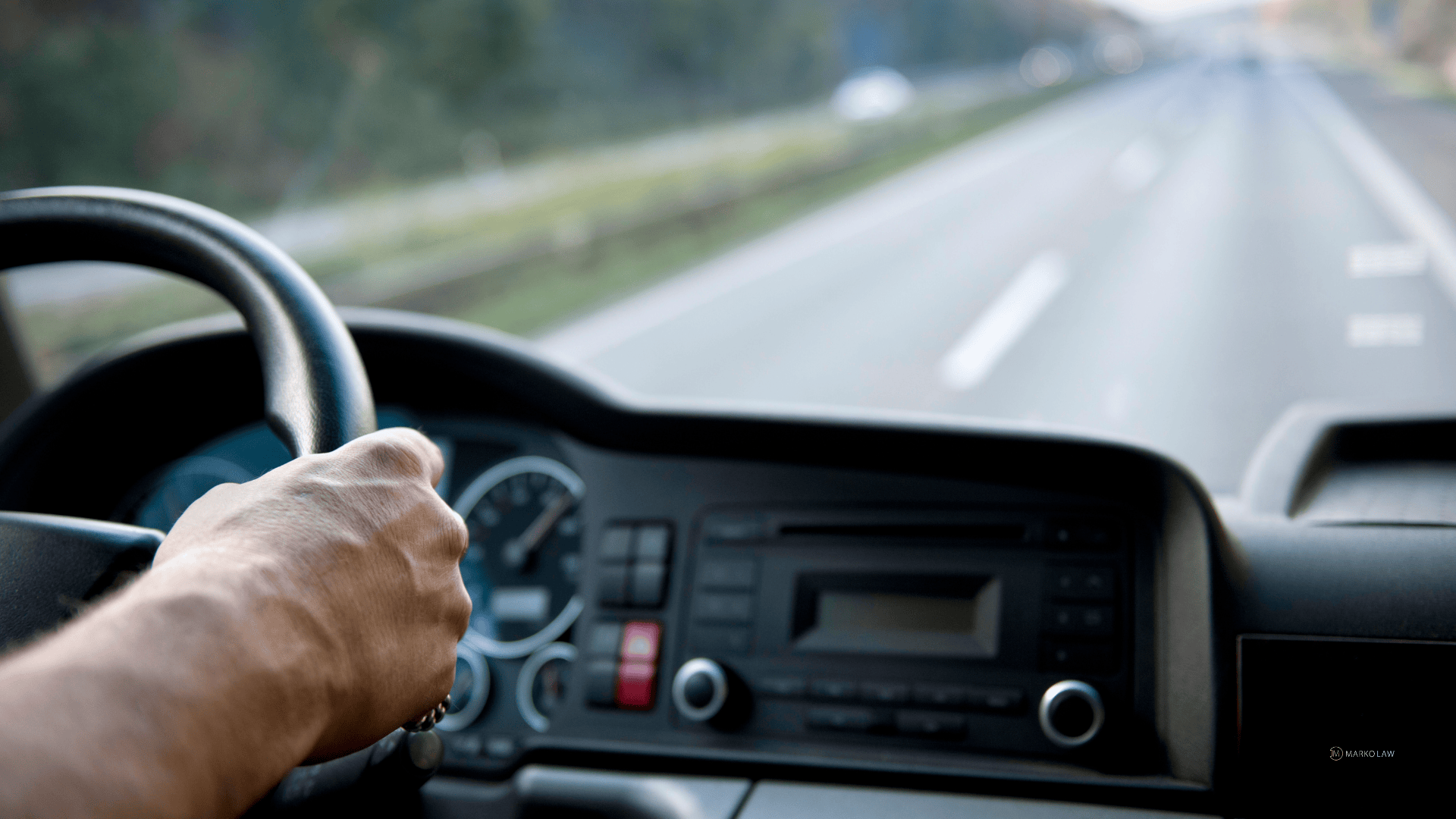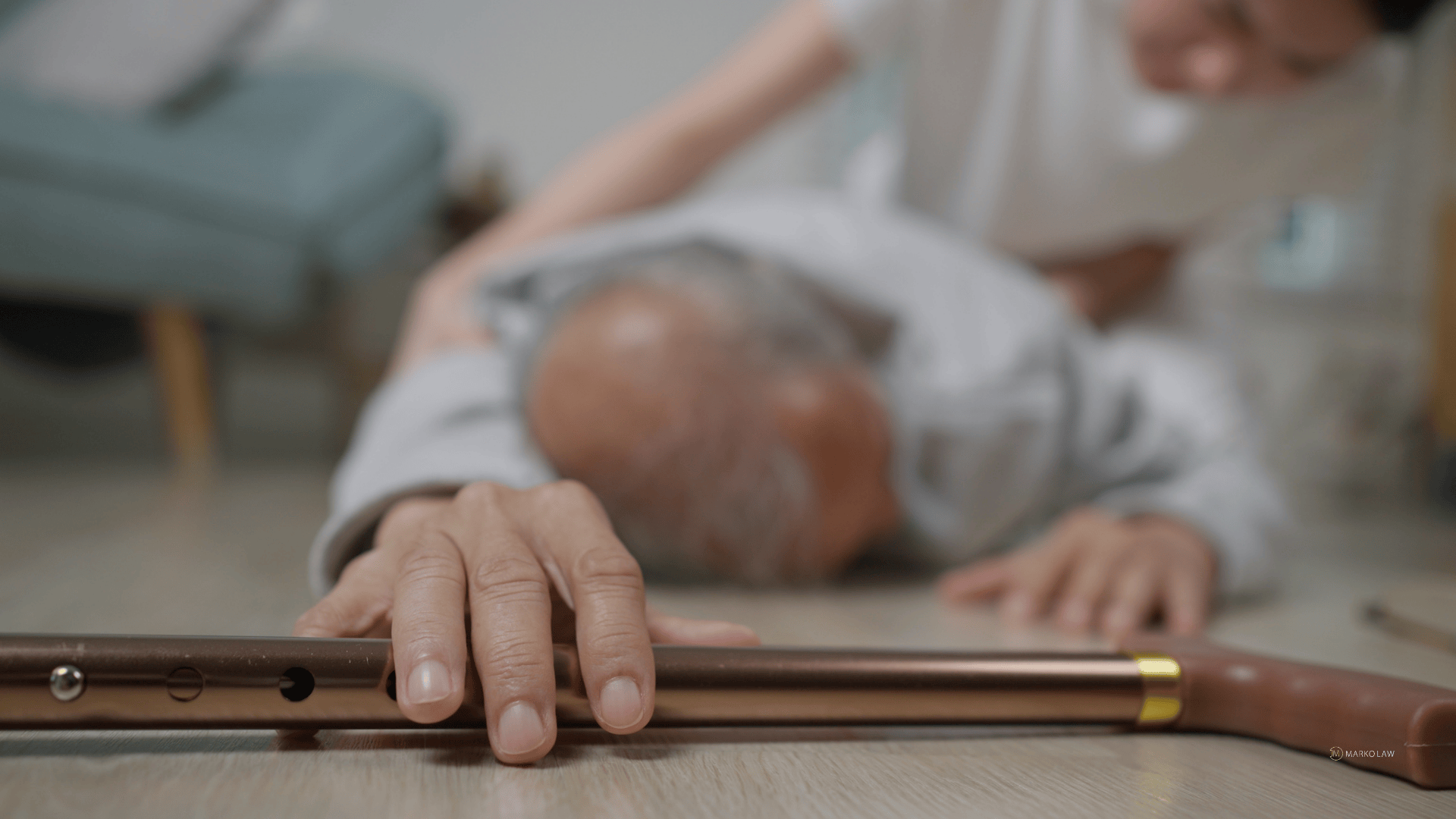As Detroit continues to evolve into a vibrant, bustling city, bicycling has become an increasingly popular mode of transportation for both residents and visitors. Whether for commuting, recreation, or fitness, more and more people are choosing to ride their bikes around the city. This shift not only reflects the growing appeal of cycling as an eco-friendly and efficient transportation option, but it also underscores the importance of ensuring that cyclists are aware of the laws and regulations that help keep them safe on the road.
However, as the number of cyclists increases, so does the need for everyone on the road—drivers and cyclists alike—to prioritize safety. In Detroit, where urban streets can be congested, navigating through traffic can be challenging, especially for cyclists who share the roads with cars, trucks, and buses. With the rising popularity of biking, it is crucial for cyclists to understand their legal rights and responsibilities, as well as the traffic laws that govern their behavior.
Bicycle Laws in Detroit
Michigan State Laws for Cyclists
In Michigan, cyclists are considered "vehicle operators," which means they have the same rights and responsibilities as other road users. The state has established several laws that apply to cyclists across the entire state, including those in Detroit. Here are some key laws that cyclists should be aware of:
- Road Sharing: Cyclists are allowed to ride on most public roads, including highways and streets, unless specifically prohibited. Cyclists must ride as far to the right as practicable, except when making a left turn, avoiding obstacles, or preparing to pass another vehicle. However, they are also entitled to take the full lane if the lane is too narrow for a car and a bicycle to safely travel side by side.
- Traffic Signals and Signs: Cyclists must obey all traffic signals and signs just like motorists. This includes stopping at red lights, yielding at stop signs, and following posted speed limits. Cyclists must also signal their turns using hand signals to alert other road users of their intentions.
- No Sidewalk Riding: In Detroit, cyclists are generally prohibited from riding on the sidewalk, particularly in business districts. While cycling on the sidewalk may be permitted in some residential areas, it is generally safer for cyclists to ride on the road, especially if bike lanes are available.
- Helmet Laws and Age Restrictions: Michigan law requires all cyclists under the age of 16 to wear a helmet while riding. While there is no statewide law mandating helmets for adults, it is strongly recommended for cyclists of all ages to wear a helmet for safety. Helmets can help reduce the risk of severe head injuries in the event of a crash.
- Bicycle Equipment Requirements: In Michigan, bicycles must be equipped with certain safety features to ensure the rider's visibility and safety, especially when riding at night. These requirements include:
- A white front light visible from at least 500 feet away.
- A red rear light or reflector visible from at least 600 feet.
- Reflective tape or stickers on the pedals or wheels, especially for nighttime visibility.
- A working bell or horn to alert pedestrians and other cyclists of your presence.
Specific Bicycle-Related Laws in Detroit
While the state of Michigan provides the broad framework for bicycle laws, Detroit has its own set of regulations that address issues specific to urban cycling. Here's a closer look at some of the laws that apply specifically to cyclists in Detroit:
- Bike Lanes and Paths: Detroit has made significant strides in developing bike lanes and designated bike paths to make cycling safer. Cyclists must use these designated bike lanes when available, as they are designed to separate cyclists from motor vehicles. However, if a bike lane is blocked or unsafe, cyclists may be permitted to ride in the road. Cyclists should always use bike lanes when they are provided, as this is both safer and legally required.
- Sidewalk Riding: As mentioned earlier, Detroit generally prohibits cyclists from riding on sidewalks, particularly in downtown and commercial areas. However, there are exceptions in residential zones. Cyclists should always be aware of local ordinances and ensure they are following the rules for their specific location within Detroit.
- Cyclist Conduct in Traffic: Cyclists must follow all road signs and signals. If a bike lane is present, cyclists must use it, unless there is a valid reason to avoid it, such as debris, an obstruction, or the need to make a left turn. When riding on the road, cyclists should signal their turns, use hand signals to communicate their actions, and yield to pedestrians at crosswalks.
- Biking at Night: Riding a bicycle at night requires additional safety precautions. Detroit has specific rules in place to ensure that cyclists remain visible and safe when cycling in low-light conditions. Cyclists riding at night must have:
- A white front light visible from at least 500 feet.
- A red rear reflector or light visible from at least 600 feet.
- Reflective clothing or gear to improve visibility.
- Parking and Locking Bicycles: Detroit has laws and guidelines in place to ensure that cyclists park their bikes safely. Cyclists should use bike racks or other designated bike parking areas to lock their bikes. It’s also advisable to use sturdy locks to prevent theft. Parking a bicycle in an area that obstructs pedestrian or vehicular traffic can result in fines or the bicycle being impounded.
Bicycle Safety and Traffic Laws
Sharing the Road with Motorists
Cyclists have the same rights as motor vehicle drivers when it comes to using public roadways, but they must also follow a set of rules that promote safety for all. Here are some key aspects to keep in mind when sharing the road with cars, trucks, and buses:
- Proper Positioning on the Road: Cyclists are required to ride as far to the right of the road as is practical, except when:
- Passing another vehicle or cyclist.
- Preparing to make a left turn.
- Avoiding obstacles such as potholes, debris, or parked cars.
- It’s important to stay as far right as possible to allow vehicles to pass, but cyclists must ensure they have enough space to ride safely. In some cases, a cyclist may need to take the full lane if the lane is too narrow for both a car and a bike to share it safely. When cycling on a multi-lane road, it’s usually safest to stay in the far-right lane, but cyclists should be cautious of car doors opening or vehicles pulling in and out of driveways.
- Use of Hand Signals for Turns: Just like motorists, cyclists are required to signal their intentions to others on the road. Hand signals are the most effective way to communicate with drivers and other cyclists, helping to reduce the likelihood of accidents. The following hand signals should be used:
- Left Turn: Extend your left arm horizontally with your hand open.
- Right Turn: Extend your right arm horizontally or left arm with the elbow bent upward at a 90-degree angle.
- Stop or Slow Down: Extend your left arm with the elbow bent downward at a 90-degree angle.
- Using hand signals not only promotes safety, but it also demonstrates a cyclist’s awareness of the traffic laws, which can help build mutual respect between cyclists and drivers.
- Rules Regarding Riding in Groups: Riding in a group can be a fun and social way to cycle, but it also requires careful attention to safety. According to Michigan law, cyclists riding in a group must follow these rules:
- Cyclists must ride in single file, except when passing another cyclist.
- Groups of cyclists should not obstruct traffic by riding side by side in lanes where it is not safe to do so.
- When passing another cyclist or vehicle, cyclists should move back into single file as soon as safely possible.
- Riding in groups should always be done with caution, ensuring that other road users, including motor vehicles, are not impeded. Cyclists should also communicate with one another to avoid sudden movements that could cause accidents.
Traffic Signals and Signs
Cyclists must obey the same traffic signals and signs as motorists. Following traffic signals is essential for both the safety of the cyclist and those around them. Here are some important traffic-related rules for cyclists:
- Red Lights and Stop Signs: Cyclists are required to stop at red lights and stop signs, just like motorists. It’s crucial for cyclists to remain stopped until the light turns green or it is safe to proceed. Failing to stop at red lights or stop signs can lead to accidents and traffic violations.
- Yielding Rights of Way: Cyclists must yield the right of way when required by law, just like drivers of motor vehicles. For instance, cyclists should yield to pedestrians at crosswalks and other situations where a motorist or pedestrian has the right of way. Following these yield rules can help prevent dangerous situations and collisions with other road users.
- Special Bicycle Traffic Signals in Detroit: In some areas of Detroit, there are dedicated bicycle traffic signals designed to help cyclists navigate intersections more safely. These bicycle-specific signals often appear at busy intersections and are typically located next to regular traffic lights. Cyclists must obey these signals, which may indicate when it is safe to cross the street or when they should stop. These signals are an important development in ensuring that cyclists have dedicated time and space to cross intersections without interference from motor vehicles.
Additional Considerations for Cyclists in Traffic
- Intersections: Intersections are common areas for accidents involving cyclists and motorists. Cyclists should approach intersections with extra caution, even if they have the green light. Always make sure the intersection is clear before proceeding, and be aware of turning vehicles, which may not see cyclists approaching from behind or to the side.
- Parking and Stopping: Cyclists should avoid stopping or parking in areas where they can obstruct pedestrian walkways or traffic lanes. If you need to stop, ensure you are in a safe location, such as on the shoulder or in designated bike lanes.
- Motorists’ Responsibility: While cyclists are expected to follow traffic laws, it’s important to recognize that motorists also have a responsibility to safely share the road with cyclists. Drivers must give cyclists enough space when passing, avoid driving in bike lanes, and remain alert for cyclists, especially at intersections.
Conclusion
Cyclists in Detroit have a responsibility to understand and follow these laws to reduce the risk of accidents and make the streets safer for everyone. Whether you're commuting to work, running errands, or enjoying a ride through the city, staying informed about the legal requirements and road safety practices is essential. Cyclists must be proactive, cautious, and aware of their surroundings to avoid accidents and navigate the streets safely.
In the unfortunate event that a bicycle accident does occur, cyclists should know that legal recourse is available. If you've been injured due to the negligence of a motorist or unsafe road conditions, it’s important to seek the legal help you deserve. Marko Law is here to guide you through the legal process and help you secure the compensation you need to recover from your injuries.
Contact Marko Law today for a free consultation if you've been injured in a bicycle accident.
Contact Information: Marko Law
220 W. Congress, 4th Floor
Detroit, MI 48226
Phone: 1-833-MARKO-LAW | 1-313-777-7777<>< ="://..">..com









.svg)








